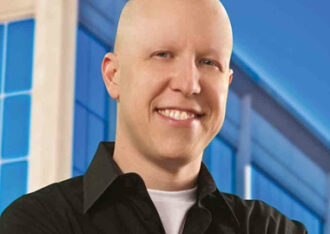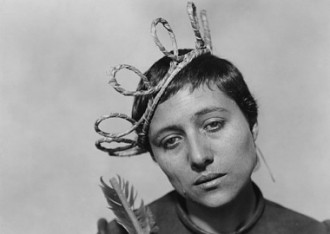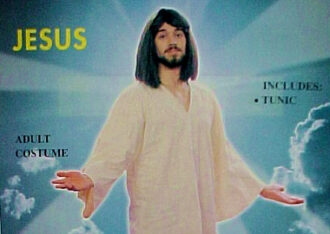Nearly Half of LGBT People Claim No Religion
But for those who are religious—and out and active in their faith communities—great gains have been made.
Read MoreBut for those who are religious—and out and active in their faith communities—great gains have been made.
Read More
“That’s the good news of Christianity for me. It’s not that you can be happy and whole, but rather that life is crap and you don’t know the answers. It’s good news to be freed from the oppression that there’s something that’s going to make it all better.”
Read More
“We really need to get rid of Ex-Gay groups. I would like to see Christians, en masse, abandon these groups, to recognize that they don’t work. If they want to help people be celibate because that’s what they believe people are called to do, more power to them, but to tell people they can become straight and torture them psychologically is incredibly wrong.”
Read More
What McLaren is after is a Christian faith that is not automatically hostile to other faiths and to no faith: he calls this “strong-benevolent” Christianity, observing along the way that only active peacemakers can really claim to be connected to God with any real degree of credibility—a point that should be obvious but isn’t.
Read MoreMormon leaders stress Christianity; release Huntsman Sr. from position.
Read More
Liberalism has many strengths. It brought God into the world. It allowed us to value the natural order and value human intellect as a way of thinking theologically. But, liberalism is a philosophy of history as progress and harmony—and that’s untrue to the nature of the Fall. Why I use the term “progressivism” instead is that progressivism is movement-based. Progressives are more communitarian, they’re not as individualistic; they have a far savvier sense that history is struggle, and that the world does not want to be changed.
Read More
For folks who are unorthodox but aren’t atheists, who care about metaphysics but who aren’t mystics, perhaps the good old-fashioned term “heretic” will satisfy.
Read MoreAnd “The Clergy Project” is there to serve as safe haven.
Read More
It’s usually clear to Bart Ehrman who loves him and who hates him. Evangelical Christians have been raking Ehrman over the coals for years for his rejection of biblical inerrancy—and atheists and humanists have embraced his writing as ammunition in the fight against the evils of organized religion. In his new book, Did Jesus Exist?, Ehrman debunks the work of so-called “mythicists”—writers who have argued that a man named Jesus who taught about the coming Kingdom of God never really existed, and that the religions created around him are nothing but fantasy.
Read More

American Christians assume that what prophecy does is predict specific events to happen. And of course that’s the way the Book of Revelation has been read. They read it, as you say, as predicting this means this, or the beast is this. But prophesy, as we know, is a highly interpretative art, and the way this book lives and has lived for two thousand years is by interpretation and reinterpretation.
Read More